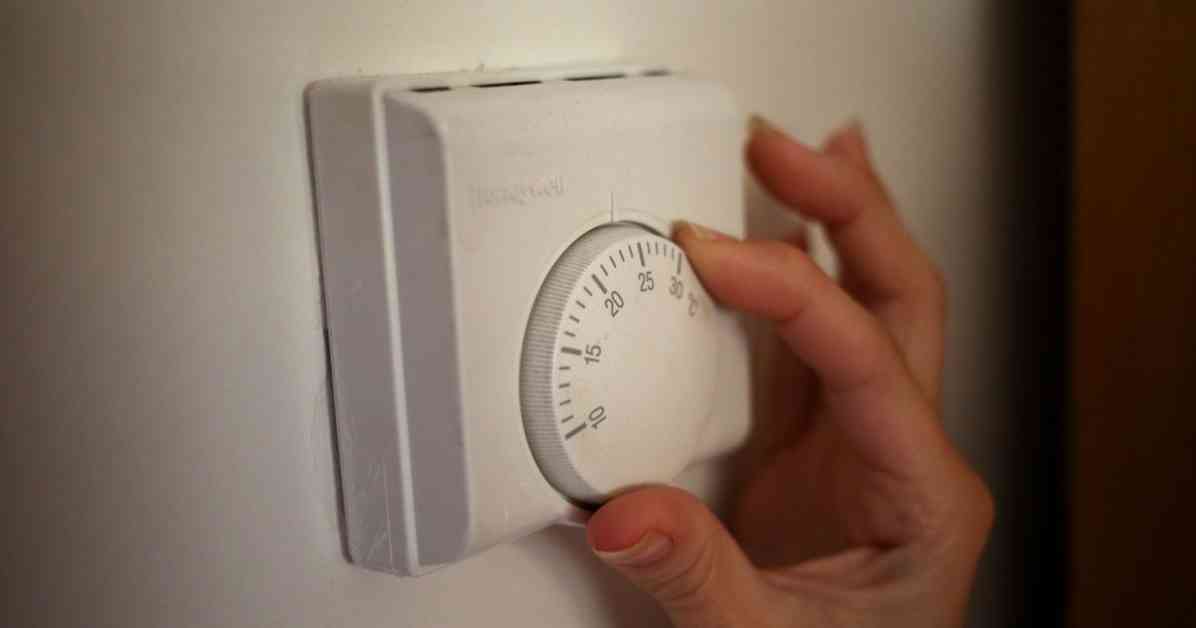A recent survey conducted in Northern Ireland has revealed that over 40% of adults in the region are spending more than 10% of their total household expenditure on energy costs, making them fuel poor. The survey, commissioned by National Energy Action Northern Ireland (NEA NI) and conducted by LucidTalk, included 1,199 adults and highlighted the financial strain many households are facing.
According to the survey, a quarter of households admitted to going without heating or electricity at some point in the last 24 months due to the inability to afford energy costs. This number has increased from previous years, indicating a growing issue with fuel poverty in the region. In addition to skipping on heating, respondents reported using alternative heating sources, reducing the use of hot water, and even skipping meals to cope with rising energy prices.
The director of NEA NI, Pat Austin, emphasized the urgency of the situation, noting that many people in Northern Ireland are unable to stay warm, safe, and healthy in their homes. The withdrawal of the Winter Fuel Payment and outdated fuel poverty strategies are exacerbating the problem, particularly for vulnerable households. The government is being urged to provide emergency support ahead of winter and ensure that the promised fuel poverty strategy is adequately funded and effective.
Furthermore, the survey highlighted that individuals in the private rented sector are disproportionately affected by rising energy prices and the cost of living. Many respondents reported that their health and wellbeing, as well as their quality of life, have been impacted by these financial pressures. Suggestions for policy interventions included greater financial assistance with energy bills and expanding schemes to improve the energy efficiency of homes.
Despite the serious health implications of living in cold homes, the last fuel poverty strategy for Northern Ireland was developed in 2011, long before the current cost-of-living and energy crises. The Winter Excess Figures released in 2022/23 revealed that there were 940 winter excess deaths in Northern Ireland, with at least one third directly attributed to people living in cold homes. NEA NI is advocating for the new Fuel Poverty Strategy, due in 2025, to be supported by comprehensive funding and action plans, as well as the establishment of a statutory fuel poverty target and minimum energy efficiency standards.
In conclusion, the survey results underscore the pressing need for immediate action to address fuel poverty in Northern Ireland. With winter approaching, it is crucial that vulnerable households receive the support they need to stay warm and healthy in their homes. Policymakers are urged to prioritize financial assistance, energy efficiency improvements, and social tariffs to alleviate the burden of unaffordable energy bills on low-income and vulnerable households.




